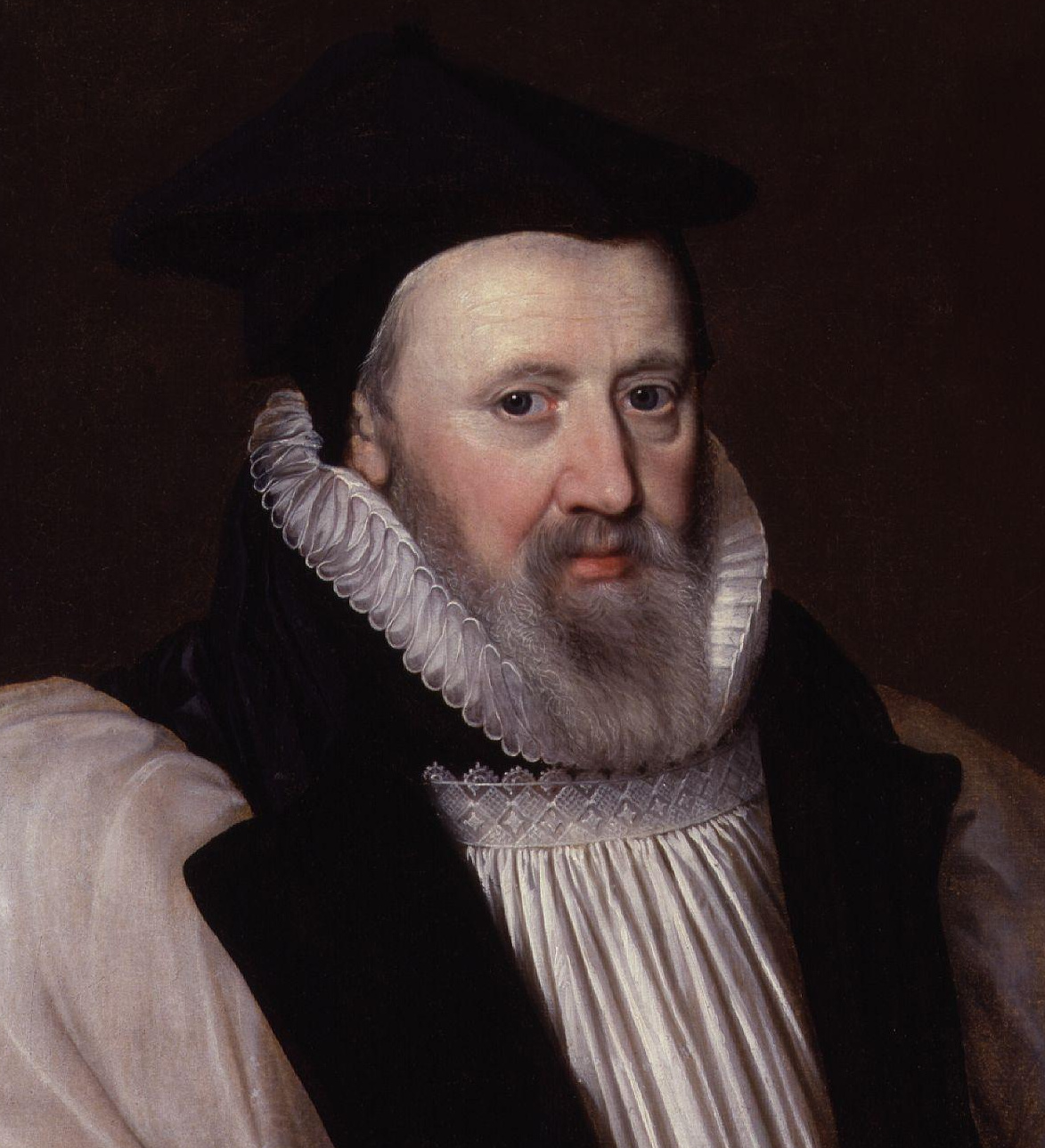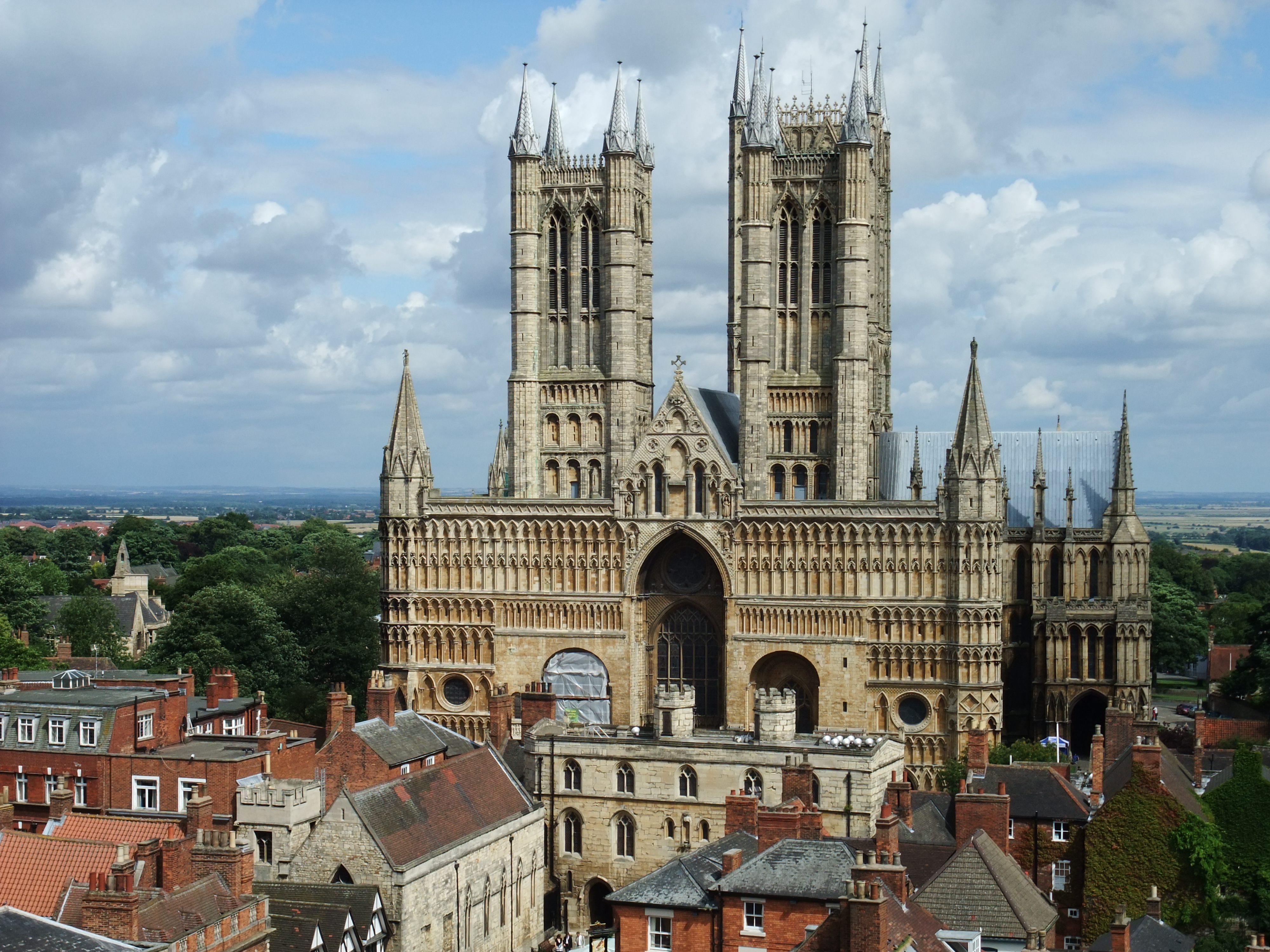|
Roger Weseham
Roger Weseham (also Roger de Weseham; died 1257) was an English medieval Bishop of Coventry and Lichfield. Weseham was probably a native of Weasenham, Norfolk,Either Weasenham All Saints or Weasenham St Peter and was educated at Oxford University. He graduated with a master's in arts before 1233.Franklin "Wesham, Roger of" ''Oxford Dictionary of National Biography'' He was then a lecturer at Oxford University.Moorman ''Church Life in England'' p. 163 He was Archdeacon of Oxford by May 1237 until 1240, when he was appointed Dean of Lincoln by Robert Grosseteste, who had made Roger a protégé. He was nominated as a bishop and consecrated between 17 May and 4 July 1245.Fryde, et al. ''Handbook of British Chronology'' p. 253 While bishop, Weseham wrote an ''Instituta'' for his clergy, in order to teach them Christian doctrine and help them select sermon topics.Moorman ''Church Life in England'' p. 181 One of the subjects he wanted his clergy to cover the basics tenets of the Christ ... [...More Info...] [...Related Items...] OR: [Wikipedia] [Google] [Baidu] |
Bishop Of Coventry And Lichfield
The Bishop of Lichfield is the ordinary of the Church of England Diocese of Lichfield in the Province of Canterbury. The diocese covers 4,516 km2 (1,744 sq. mi.) of the counties of Powys, Staffordshire, Shropshire, Warwickshire and West Midlands. The bishop's seat is located in the Cathedral Church of the Blessed Virgin Mary and Saint Chad in the city of Lichfield. The Bishop's residence is the Bishop's House, Lichfield, in the cathedral close. In the past, the title has had various forms (see below). The current bishop is Michael Ipgrave, following the confirmation of his election on 10 June 2016.OurCofE twitter (Accessed 11 June 2016) History [...More Info...] [...Related Items...] OR: [Wikipedia] [Google] [Baidu] |
John Of Basingstoke
John of Basingstoke (died 1252), also called John Basing, was an Archdeacon of Leicester in the 13th century. Basingstoke was an advocate of Greek literacy and seems to have been instrumental in introducing the apocryphal ''Testament of the Twelve Patriarchs'' to Robert Grosseteste, bishop of Lincoln. What is known of Basingstoke derives primarily from the writings of Grosseteste and another contemporary, Matthew Paris. Early life Taking his name from the town of Basingstoke in Hampshire, Basingstoke studied at Oxford University and spent some time in Paris. Thomas Andrew Archer writes that Basingstoke Matthew Paris writes that during his time in Athens, Basingstoke was tutored by a well-read 19-year-old Athenian girl named Constantina (probably the daughter of archbishop of Athens Michael Acominatus). Basingstoke credited Constantina, who was said to "foretell pestilences, thunderstorms, eclipses, and even earthquakes with unerring certainty", for his knowledge of science. Car ... [...More Info...] [...Related Items...] OR: [Wikipedia] [Google] [Baidu] |
Bishops Of Lichfield
The Bishop of Lichfield is the ordinary of the Church of England Diocese of Lichfield in the Province of Canterbury. The diocese covers 4,516 km2 (1,744 sq. mi.) of the counties of Powys, Staffordshire, Shropshire, Warwickshire and West Midlands. The bishop's seat is located in the Cathedral Church of the Blessed Virgin Mary and Saint Chad in the city of Lichfield. The Bishop's residence is the Bishop's House, Lichfield, in the cathedral close. In the past, the title has had various forms (see below). The current bishop is Michael Ipgrave, following the confirmation of his election on 10 June 2016.OurCofE twitter (Accessed 11 June 2016) History [...More Info...] [...Related Items...] OR: [Wikipedia] [Google] [Baidu] |
Deans Of Lincoln
The Dean of Lincoln is the head of the Chapter (religion), Chapter of Lincoln Cathedral in the city of Lincoln, Lincolnshire, Lincoln, England in the Church of England Diocese of Lincoln. Christine Wilson (priest), Christine Wilson was installed as Dean on 22 October 2016.Diocese of Lincoln — New Dean of Lincoln (Accessed 27 May 2016) List of deans High Medieval * Ranulph (Dean of Lincoln), Ranulph ''or'' Ralph (Dean of Lincoln), Ralph *aft. 1093–bef. 1133 Simon Bloet *–1141 Philip of Harcourt *1141–1179 Adelelm (Dean of Lincoln), Adelelm *–1182 Geoffrey (Dean of Lincoln), Geoffrey *1183–1189 Richard FitzNeal *1190–1195 Hamo (Dean of Lincoln), Hamo *–bef. 1223 Roger d ...[...More Info...] [...Related Items...] OR: [Wikipedia] [Google] [Baidu] |
Academics Of The University Of Oxford
An academy (Attic Greek: Ἀκαδήμεια; Koine Greek Ἀκαδημία) is an institution of secondary or tertiary higher learning (and generally also research or honorary membership). The name traces back to Plato's school of philosophy, founded approximately 385 BC at Akademia, a sanctuary of Athena, the goddess of wisdom and skill, north of Athens, Greece. Etymology The word comes from the ''Academy'' in ancient Greece, which derives from the Athenian hero, ''Akademos''. Outside the city walls of Athens, the gymnasium was made famous by Plato as a center of learning. The sacred space, dedicated to the goddess of wisdom, Athena, had formerly been an olive grove, hence the expression "the groves of Academe". In these gardens, the philosopher Plato conversed with followers. Plato developed his sessions into a method of teaching philosophy and in 387 BC, established what is known today as the Old Academy. By extension, ''academia'' has come to mean the accumulation, d ... [...More Info...] [...Related Items...] OR: [Wikipedia] [Google] [Baidu] |
Alumni Of The University Of Oxford
Alumni (singular: alumnus (masculine) or alumna (feminine)) are former students of a school, college, or university who have either attended or graduated in some fashion from the institution. The feminine plural alumnae is sometimes used for groups of women. The word is Latin and means "one who is being (or has been) nourished". The term is not synonymous with "graduate"; one can be an alumnus without graduating (Burt Reynolds, alumnus but not graduate of Florida State, is an example). The term is sometimes used to refer to a former employee or member of an organization, contributor, or inmate. Etymology The Latin noun ''alumnus'' means "foster son" or "pupil". It is derived from PIE ''*h₂el-'' (grow, nourish), and it is a variant of the Latin verb ''alere'' "to nourish".Merriam-Webster: alumnus .. Separate, but from the s ... [...More Info...] [...Related Items...] OR: [Wikipedia] [Google] [Baidu] |
People From Breckland District
A person ( : people) is a being that has certain capacities or attributes such as reason, morality, consciousness or self-consciousness, and being a part of a culturally established form of social relations such as kinship, ownership of property, or legal responsibility. The defining features of personhood and, consequently, what makes a person count as a person, differ widely among cultures and contexts. In addition to the question of personhood, of what makes a being count as a person to begin with, there are further questions about personal identity and self: both about what makes any particular person that particular person instead of another, and about what makes a person at one time the same person as they were or will be at another time despite any intervening changes. The plural form "people" is often used to refer to an entire nation or ethnic group (as in "a people"), and this was the original meaning of the word; it subsequently acquired its use as a plural form of per ... [...More Info...] [...Related Items...] OR: [Wikipedia] [Google] [Baidu] |
1257 Deaths
1 (one, unit, unity) is a number representing a single or the only entity. 1 is also a numerical digit and represents a single unit of counting or measurement. For example, a line segment of ''unit length'' is a line segment of length 1. In conventions of sign where zero is considered neither positive nor negative, 1 is the first and smallest positive integer. It is also sometimes considered the first of the infinite sequence of natural numbers, followed by 2, although by other definitions 1 is the second natural number, following 0. The fundamental mathematical property of 1 is to be a multiplicative identity, meaning that any number multiplied by 1 equals the same number. Most if not all properties of 1 can be deduced from this. In advanced mathematics, a multiplicative identity is often denoted 1, even if it is not a number. 1 is by convention not considered a prime number; this was not universally accepted until the mid-20th century. Additionally, 1 is the s ... [...More Info...] [...Related Items...] OR: [Wikipedia] [Google] [Baidu] |
Year Of Birth Unknown
A year or annus is the orbital period of a planetary body, for example, the Earth, moving in its orbit around the Sun. Due to the Earth's axial tilt, the course of a year sees the passing of the seasons, marked by change in weather, the hours of daylight, and, consequently, vegetation and soil fertility. In temperate and subpolar regions around the planet, four seasons are generally recognized: spring, summer, autumn and winter. In tropical and subtropical regions, several geographical sectors do not present defined seasons; but in the seasonal tropics, the annual wet and dry seasons are recognized and tracked. A calendar year is an approximation of the number of days of the Earth's orbital period, as counted in a given calendar. The Gregorian calendar, or modern calendar, presents its calendar year to be either a common year of 365 days or a leap year of 366 days, as do the Julian calendars. For the Gregorian calendar, the average length of the calendar year ( ... [...More Info...] [...Related Items...] OR: [Wikipedia] [Google] [Baidu] |
Chancellor Of The University Of Oxford ...
This is a list of chancellors of the University of Oxford in England by year of appointment. __TOC__ Chronological list See also *List of vice-chancellors of the University of Oxford *List of University of Oxford people * List of chancellors of the University of Cambridge *List of chancellors of the University of London References {{DEFAULTSORT:Chancellors Of The University Of Oxford Chancellor History of the University of Oxford Lists of people associated with the University of Oxford Oxford Oxford Oxford () is a city in England. It is the county town and only city of Oxfordshire. In 2020, its population was estimated at 151,584. It is north-west of London, south-east of Birmingham and north-east of Bristol. The city is home to the ... [...More Info...] [...Related Items...] OR: [Wikipedia] [Google] [Baidu] |
Ralph De Sempringham
Ralph de Sempringham (also Sempryngham, Semplyngham, or Sempyngham) was an English medieval churchman, theologist, university chancellor, and dean. Between 1252 and 1255, Ralph de Sempringham was Chancellor of Oxford University. In 1254, he was elected Dean of Lichfield. See also * Sempringham Sempringham is a hamlet in the South Kesteven district of Lincolnshire, England. It is situated south from the A52 road, east from Grantham and north from Bourne. The hamlet is in the civil parish of Pointon and Sempringham, and on the west ... References Year of birth unknown Year of death unknown English Roman Catholic theologians Chancellors of the University of Oxford Deans of Lichfield 13th-century English people 13th-century Roman Catholics {{England-academic-administrator-stub ... [...More Info...] [...Related Items...] OR: [Wikipedia] [Google] [Baidu] |
Franciscan
The Franciscans are a group of related Mendicant orders, mendicant Christianity, Christian Catholic religious order, religious orders within the Catholic Church. Founded in 1209 by Italian Catholic friar Francis of Assisi, these orders include three independent orders for men (the Order of Friars Minor being the largest contemporary male order), orders for women religious such as the Order of Saint Clare, and the Third Order of Saint Francis open to male and female members. They adhere to the teachings and spiritual disciplines of the founder and of his main associates and followers, such as Clare of Assisi, Anthony of Padua, and Elizabeth of Hungary. Several smaller Franciscan spirituality in Protestantism, Protestant Franciscan orders exist as well, notably in the Anglican and Lutheran traditions (e.g. the Community of Francis and Clare). Francis began preaching around 1207 and traveled to Rome to seek approval from Pope Innocent III in 1209 to form a new religious order. The o ... [...More Info...] [...Related Items...] OR: [Wikipedia] [Google] [Baidu] |




_1938.jpg)


.jpg)
